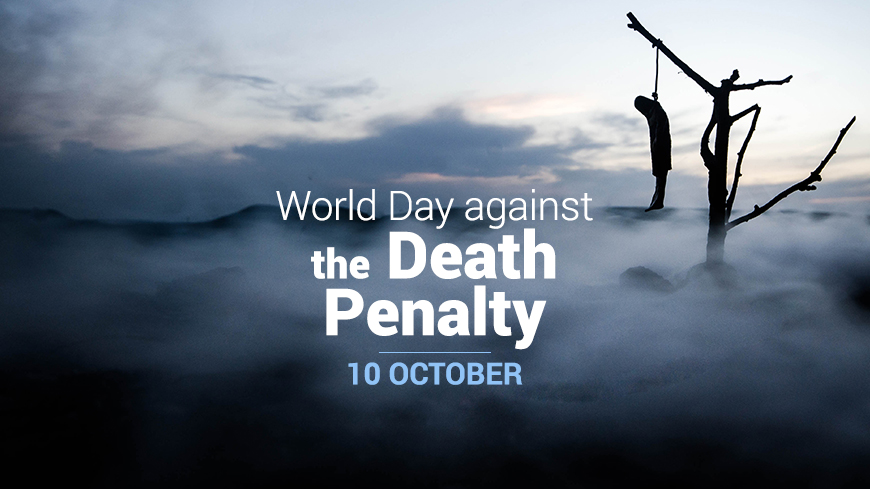According to the World Coalition Against the Death Penalty 2020/2021 Facts and Figures Sheet, 144 countries have abolished the death penalty in law or practice worldwide, 55 countries still uphold and use the death penalty, and 18 countries carried out executions in 2020. In 2020, 1477 death sentences were handed down in 54 countries, and at least 483 executions were carried out worldwide, which is the lowest in the last ten years. On 16 December 2020, the United Nations General Assembly (UNGA) voted overwhelmingly in favor of a resolution calling for a moratorium on the use of the death penalty. Resolution A/RES/75/183 was the eighth resolution adopted by the UNGA on the subject. It was adopted by a great majority of 123 member states, reflecting a global trend away from the death penalty. However, Bahrain was one of 38 countries that voted against this resolution.
While the use of the death penalty is declining worldwide, according to Amnesty International’s analysis, death sentences have significantly increased in Bahrain since 2011. The Bahraini government lifted its moratorium on the death penalty in January 2017, when it executed three torture victims. They were the first Bahrainis to be executed since March 1996.
In July 2021, Reprieve and the Bahrain Institute for Rights and Democracy (BIRD) found that “execution rates in Bahrain have risen by 20 % since 2011. Between 2011 and 2020, at least six executions were carried out [all of whom alleged torture], compared to five in the previous decade. Death sentences in Bahrain have risen by over 600 % in the last decade. Between 2011 and 2020, Bahrain has sentenced at least 51 people to death [65 percent alleged torture].” Also, “the number of people on death row facing imminent execution in Bahrain has increased by 2500 % over the past decade.”
Currently, 26 people in Bahrain have exhausted all legal remedies and are at imminent risk of execution,11 of whom alleged torture. There have been no meaningful investigations in these torture allegations, as Bahrain’s oversight bodies have proved to be ineffective. In the majority of the cases, capital punishment was handed down in unfair trials. Moreover, three of the 26 individuals are on death row for non-lethal drug offenses, although “sentence of death may be imposed only for the most serious crimes” under Article 6 of the International Covenant on Civil and Political Rights, ratified by Bahrain in 2006. Stipulating capital punishment for non-lethal offenses and imposing it in unfair trials besides the failure to investigate torture allegations of death row inmates are serious violations of Bahrain’s international human rights obligations.
“The death penalty is the ultimate cruel, inhuman and degrading punishment.” It is also ineffective, as the majority of law enforcement professionals have agreed that capital punishment does not deter violent crimes. The death penalty is inherently dehumanizing and infringes upon one of the most important human rights, the right to life.
On the World Day Against the Death Penalty, Bahrain Center for Human Rights calls on the government of Bahrain to
- Impose a moratorium on the death penalty;
- Commute all the current death sentences in Bahrain;
- Ratify the Second Optional Protocol to the International Covenant on Civil and Political Rights, aiming at the abolition of the death penalty;
- Effectively and impartially investigate allegations of torture and due process violations of those sentenced to death in Bahraini prisons.

